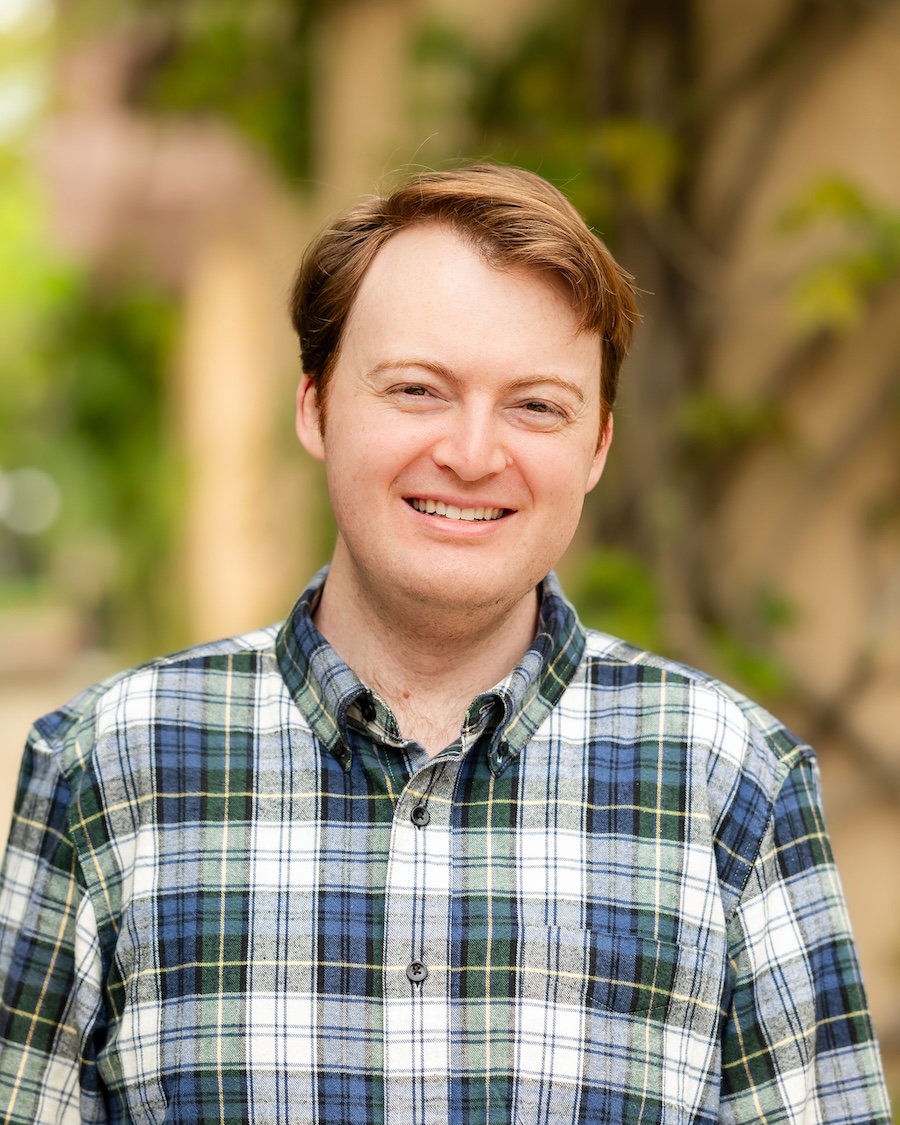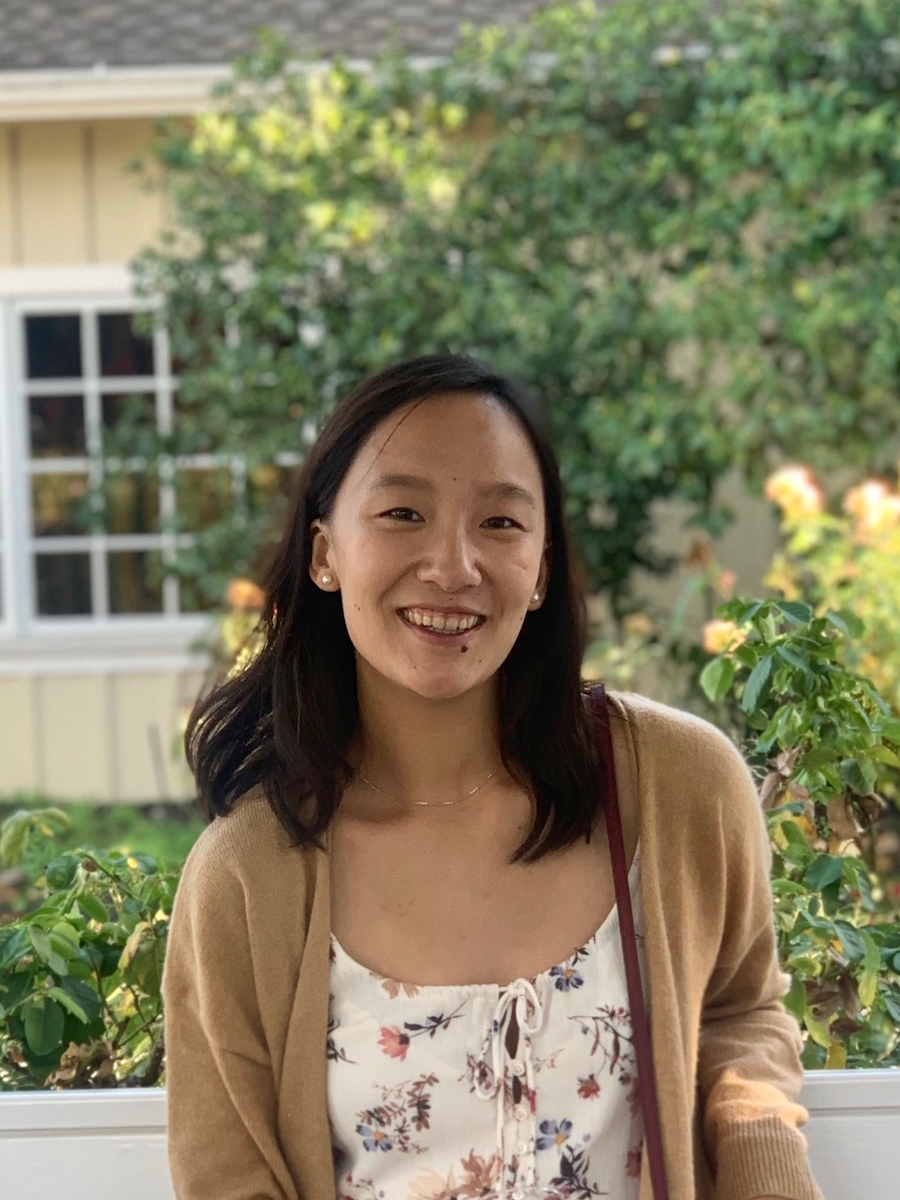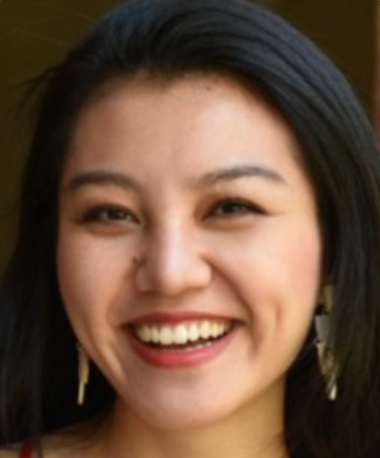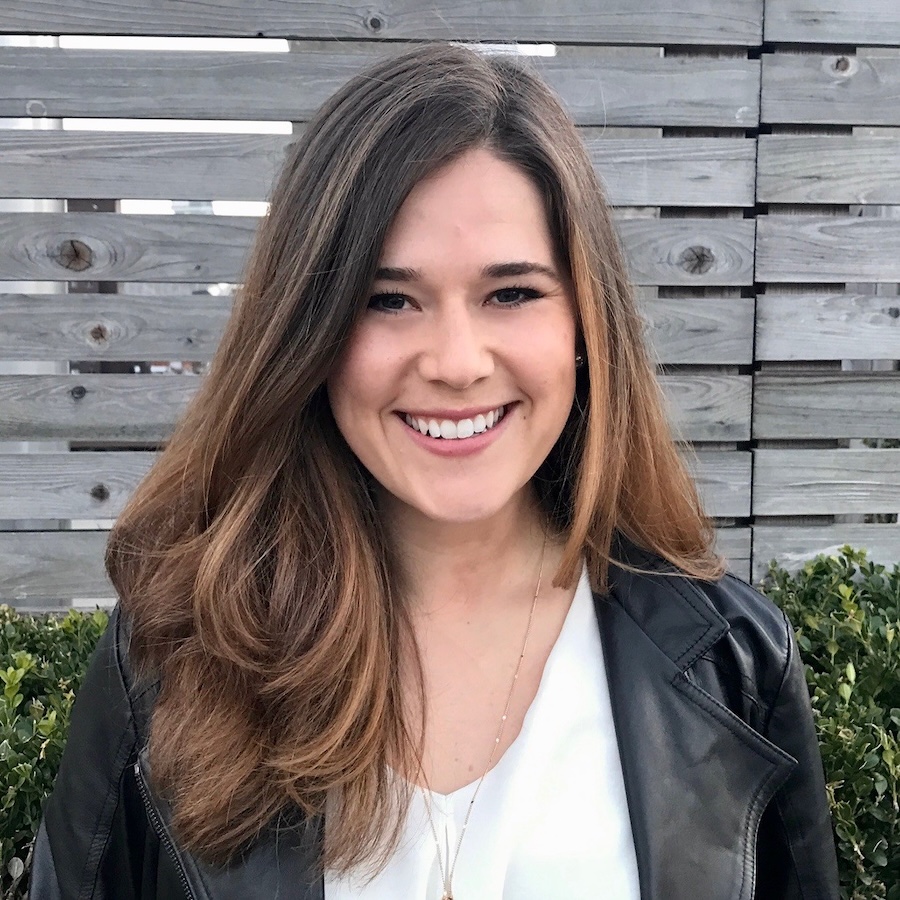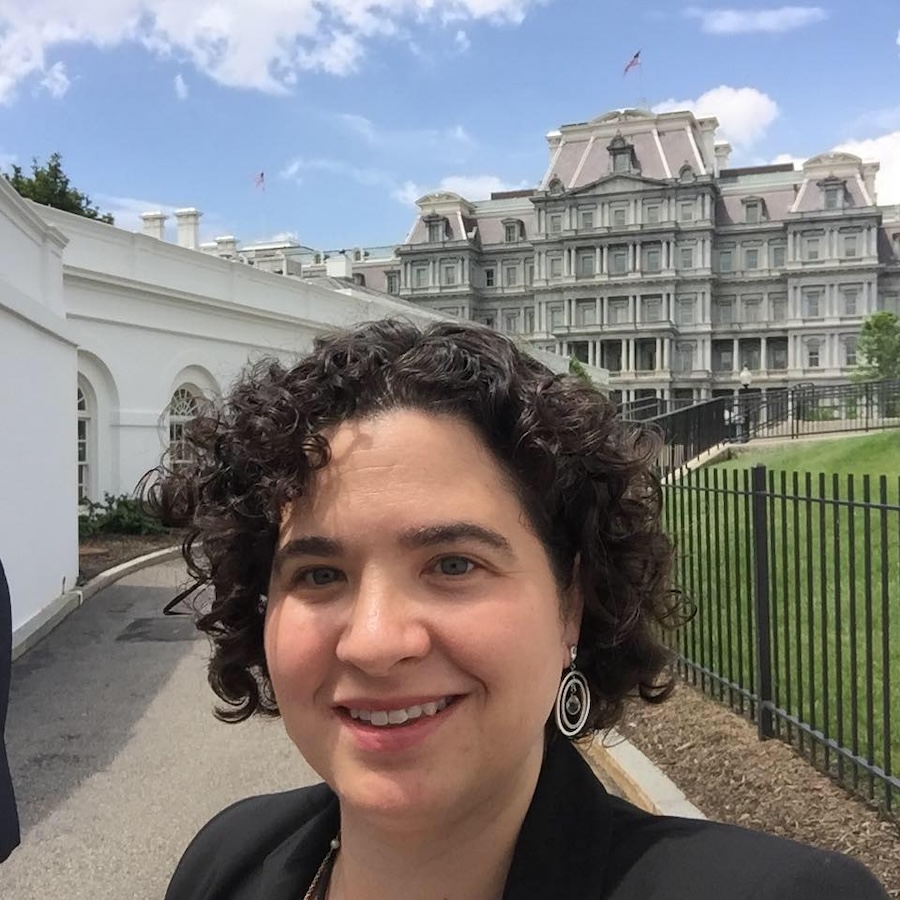What have you been up to since graduating from Bowdoin?
I am currently a PhD student in the economics department at Stanford University, focusing on labor and industrial organization. Before starting my PhD, I spent three years as a predoctoral research fellow at the Stanford Institute for Economic Policy Research (SIEPR), where I collaborated with Heidi Williams on research related to incentives in patenting and innovation.
Why economics?
My path to becoming an economist actually began in my senior year of high school when I was lotteried out of AP psychology. Instead, I enrolled in AP economics as my social science class and have been engaged with the discipline ever since. Even before studying economics, I enjoyed policy discussions, largely through my participation on the high school debate team.
Are there any classes, professors, or experiences that had a lasting impact on you?
Professor of Economics John Fitzgerald's Economic Evaluation of Public Programs seminar during my sophomore year was the first time at Bowdoin that I felt like I was doing “real economics.” The course excellently distilled the concept of applied economic research, teaching both causal inference and policy design with a rigor I hadn’t found elsewhere at the college. This class equipped me with the skills to write my thesis, work at the Boston Fed, and serve as a predoctoral researcher at SIEPR before applying to graduate school.
Similarly, Associate Professor of Economicsssor Dan Stone’s Game Theory and Strategic Behavior course closely resembled my first-year graduate classes. For anyone considering a PhD in economics, taking mathematically rigorous courses like this is invaluable. I’m often surprised how many topics from that class reappear in the accelerated first-year PhD curriculum. The foundation gained here is crucial to keeping pace in graduate school.
But coursework wasn’t the only way Bowdoin’s economics department shaped my career. In my first year, I met with an alum from the Federal Reserve Bank of Boston who spoke during our Macroeconomics lecture. That connection was pivotal, leading to an internship in the bank’s research division, which I later leveraged into my research fellow position at SIEPR.
What advice would you give to current students or recent graduates interested in your field?
Read broadly. Economics underpins far more than it initially seems. Often other disciplines are practicing economics without realizing it. In many ways, our greatest contribution is refining and formalizing intuitions that others have already developed.
